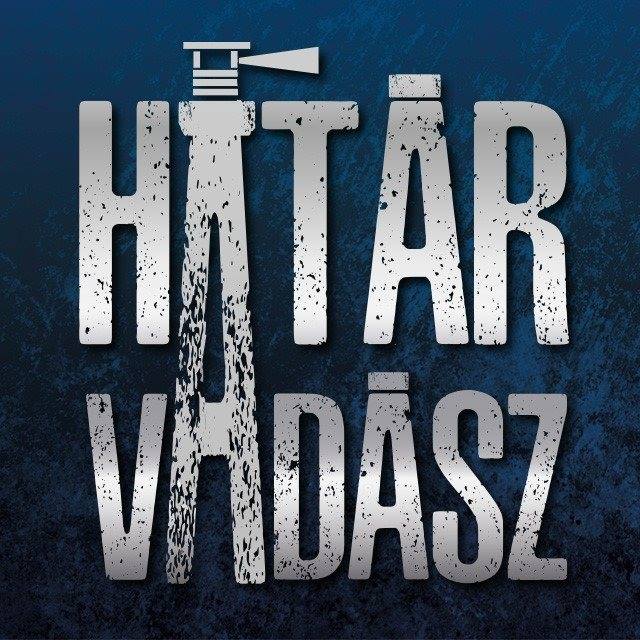The https://english.atlatszo.hu use cookies to track and profile customers such as action tags and pixel tracking on our website to assist our marketing. On our website we use technical, analytical, marketing and preference cookies. These are necessary for our site to work properly and to give us inforamation about how our site is used. See Cookies Policy
Refugees subjected to systematic abuse
Refugees struggling to get through the border fence separating Serbia and Hungary are still targets of violent attacks from individuals wearing blue, presumably police, uniforms. Atlatszo.hu’s continued onsite coverage saw many similar cases, as well as the realization that the current arrangement at the border is only helping human traffickers.
Nonprofit organizations aiding refugees who are trying to get to western Europe through the Serbia-Hungary border have stated that individuals wearing uniforms regularly beat up apprehended people, even those who are handcuffed. Our coverage has already reported on the conditions that refugees are subjected to around Hungary’s southern border.

Our main findings were that people dressed in uniforms, who may actually be part of the official authorities, have pepper-sprayed, beaten and set dogs on refugees who are unable to defend themselves. Karoly Papp, national chief of police has publicly rejected claims that this is general practice, even as he admitted that four investigations are in progress based on information from Human Rights Watch.
Recently we have asked the Catholic Relief Service as well as the Jesuit Refugee Service about their experiences. Their accounts confirmed the reports of abuse, the latter organization compiled a detailed report.
Although the accounts invariably state that the hostilities were enacted by individuals in blue – presumably police – uniforms, there is no certainty as to whether the beatings were the responsibility of the actual authorities or “volunteers.” Betyarsereg, a known far right activist group has been linked to arbitrary border patrols to keep migrants out. However, there are no accounts that have confirmed this.
New regulations introduced in July stipulate that those migrants caught within 8 kilometers after they breach the border get different treatment and are deported immediately. As the people we talked to explained, all this achieves is that it provides the incentive to try again – we met one afghani who has been turned back six times.
As the charities we spoke to on the Serbian side of the border told us, the pushback enforced by Hungary encourages and supports criminal activities. As the story goes, those forced back by the Hungarian authorities after breaching the border often end up in Belgrade, where they meet human traffickers, who are only in it for the money and are often more than happy to rip off their “clients”. A Hungarian official told us that traffickers actually told refugees that a well lit gas station on the Hungarian side of the border is already the outskirts of Paris, others set up makeshift “Vienna” city signs near Hungary’s southern border to deceive the refugees.
As our earlier story showed, the situation is aggravated to a great extent by the lack of facilities and personnel stationed on the border, which greatly slows down the process, paves the way for additional violations of the border and the grounds for further hostilities from the blue-uniformed individuals.
Your support matters
Atlatszo.hu is financed by nonpartisan and non-governmental sources;
we do not accept money from state institutions, political parties and affiliates.
We rely on support from readers. Donate here.
Share:
Your support matters. Your donation helps us to uncover the truth.
- PayPal
- Bank transfer
- Patreon
- Benevity
Support our work with a PayPal donation to the Átlátszónet Foundation! Thank you.
Support our work by bank transfer to the account of the Átlátszónet Foundation. Please add in the comments: “Donation”
Beneficiary: Átlátszónet Alapítvány, bank name and address: Raiffeisen Bank, H-1054 Budapest, Akadémia utca 6.
EUR: IBAN HU36 1201 1265 0142 5189 0040 0002
USD: IBAN HU36 1201 1265 0142 5189 0050 0009
HUF: IBAN HU78 1201 1265 0142 5189 0030 0005
SWIFT: UBRTHUHB
Be a follower on Patreon
Support us on Benevity!

